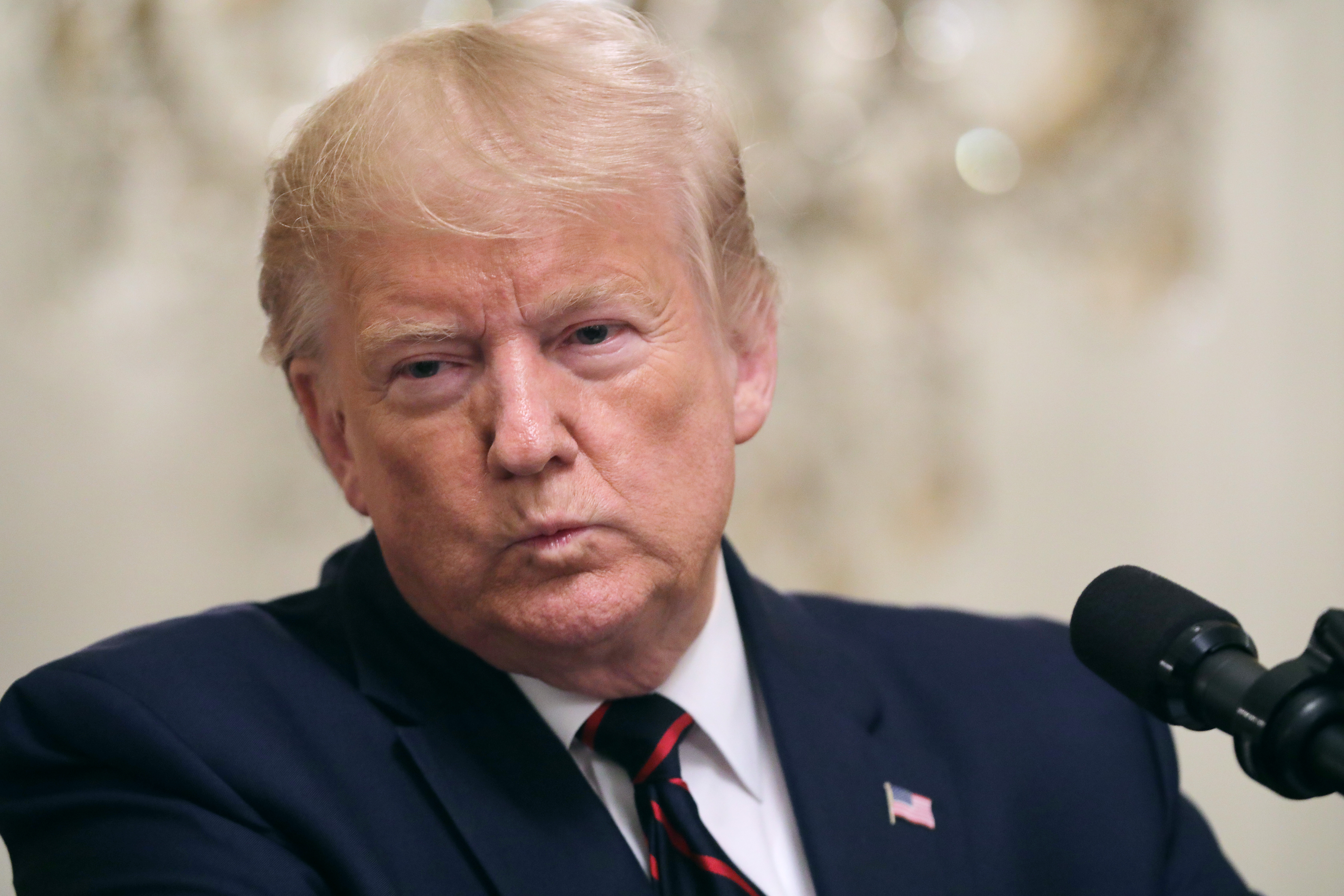The latest on the Trump impeachment inquiry: Live updates – CNN

Your impeachment questions, answered
Last week, Speaker of the House Nancy Pelosi officially launched an impeachment investigation into President Trump regarding a phone call between Trump and the President of Ukraine.
Must impeachment be based on a statutory crime?
No. Congress certainly can — and perhaps must — impeach if the President has committed a crime. But even if Trump’s conduct dodges the statutory raindrops and doesn’t quite meet the definition of a federal crime, impeachment at its core is a remedy for abuse of constitutional power.
The Constitution prescribes impeachment for “treason, bribery or high crimes and misdemeanors.”
But the term “high crimes and misdemeanors” is not defined anywhere in the Constitution or statute law, and appears to be drawn from English parliamentary practice, which provided for impeachment for crimes or for conduct beyond the reach of established criminal law.
Our own precedent supports the notion that a crime is not necessary for impeachment. President Andrew Johnson was impeached by the House (and then acquitted by the Senate) for firing a Secretary of War — certainly not a criminal act.
Drafted articles of impeachment against President Richard Nixon included abuse of power and misuse of public office, while one of the proposed articles of impeachment against President Bill Clinton (voted down by the full House) related to abuse of power for non-criminal conduct.



